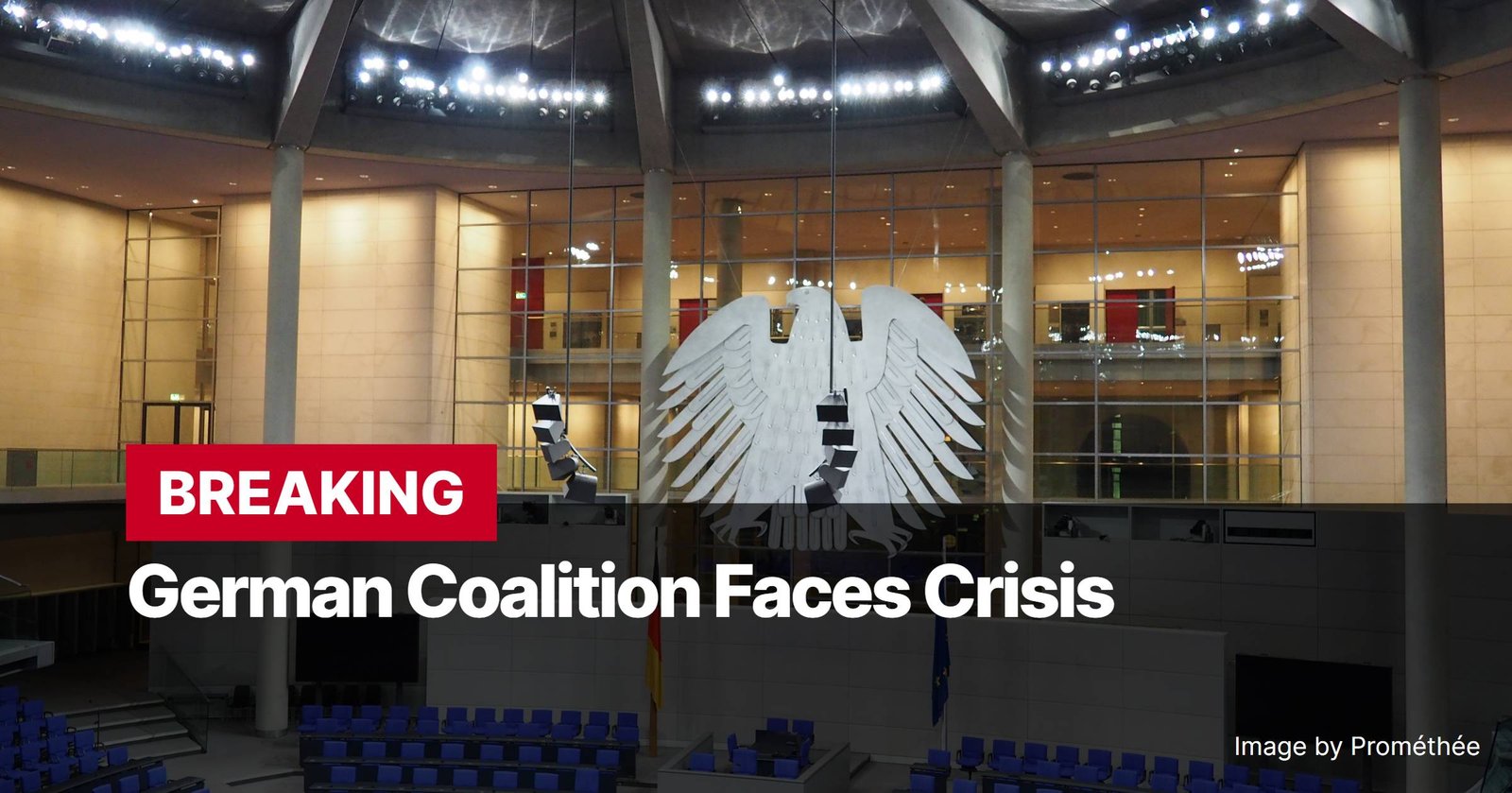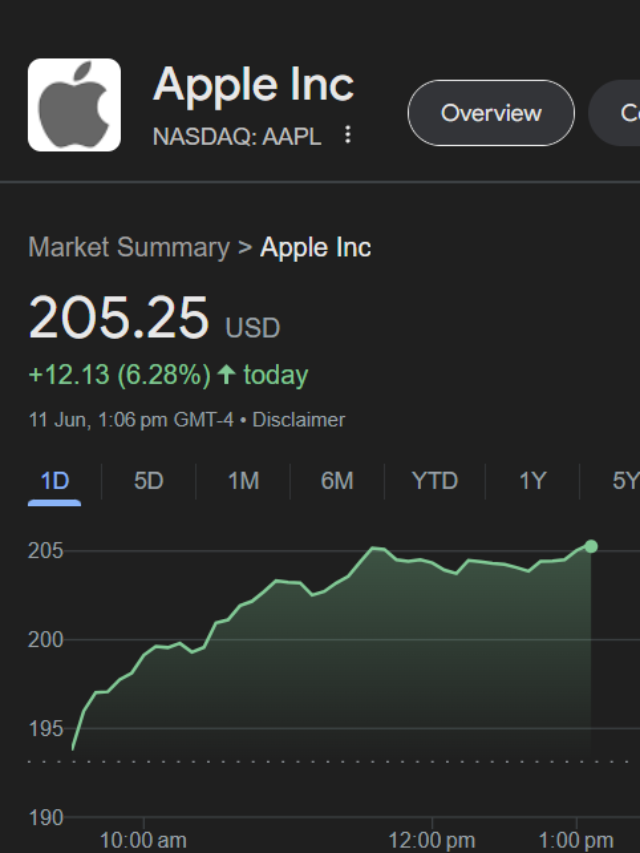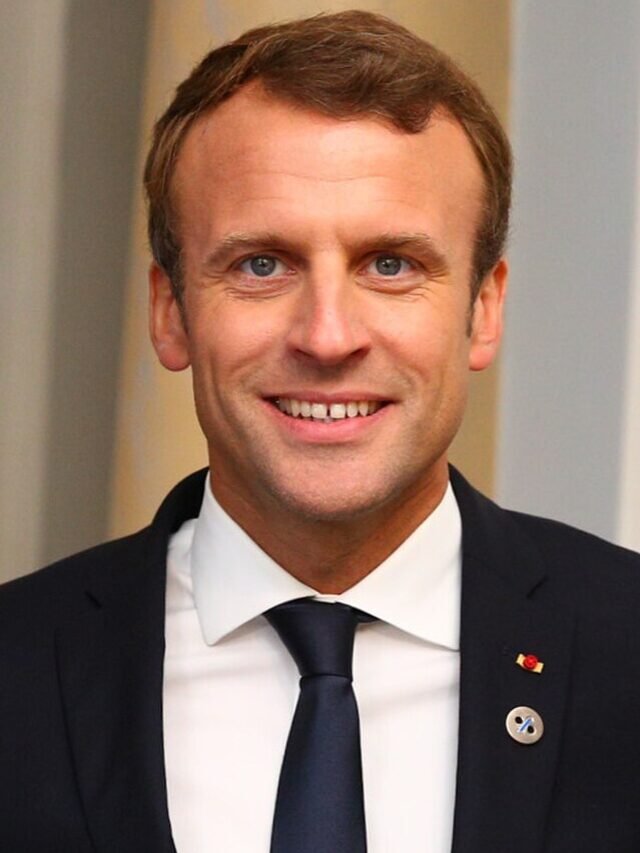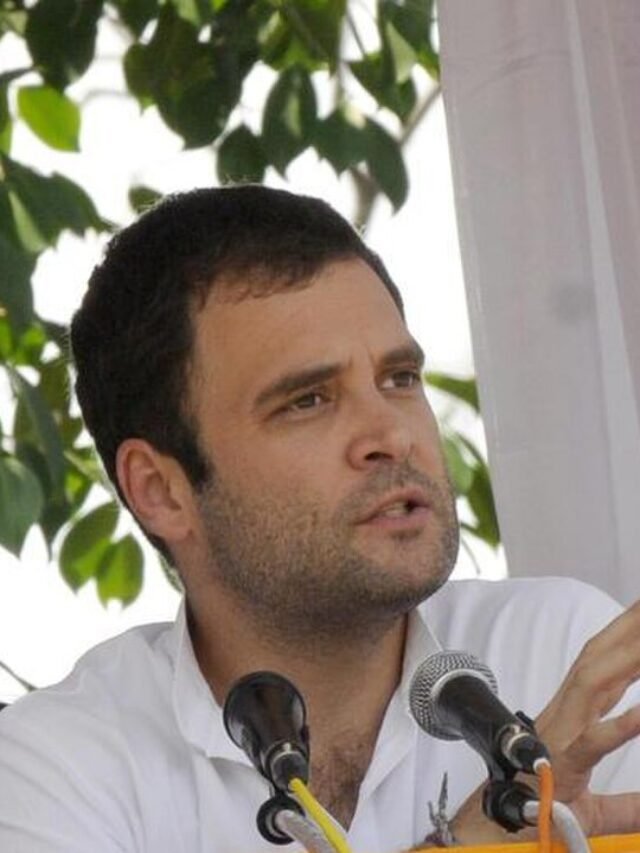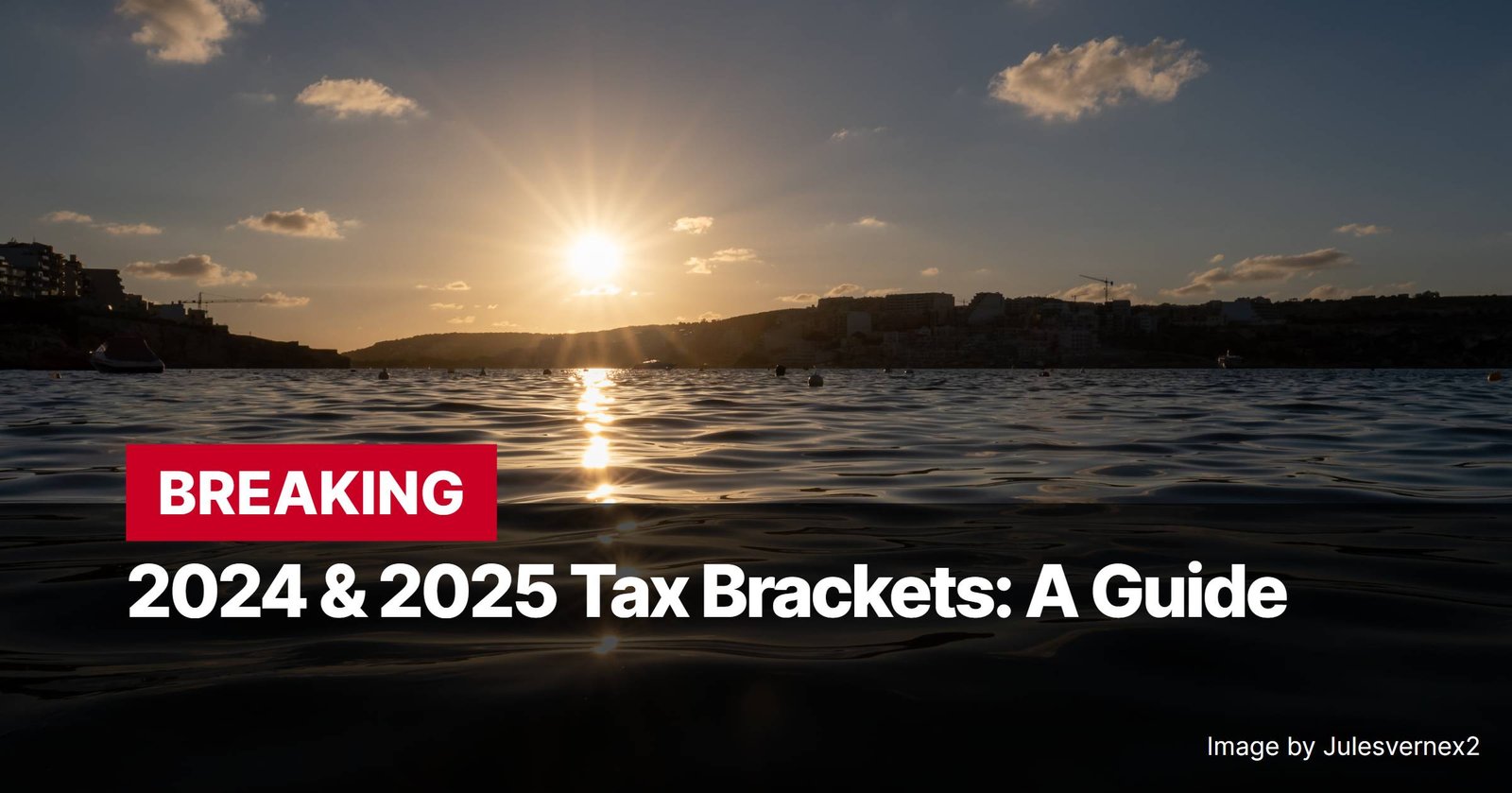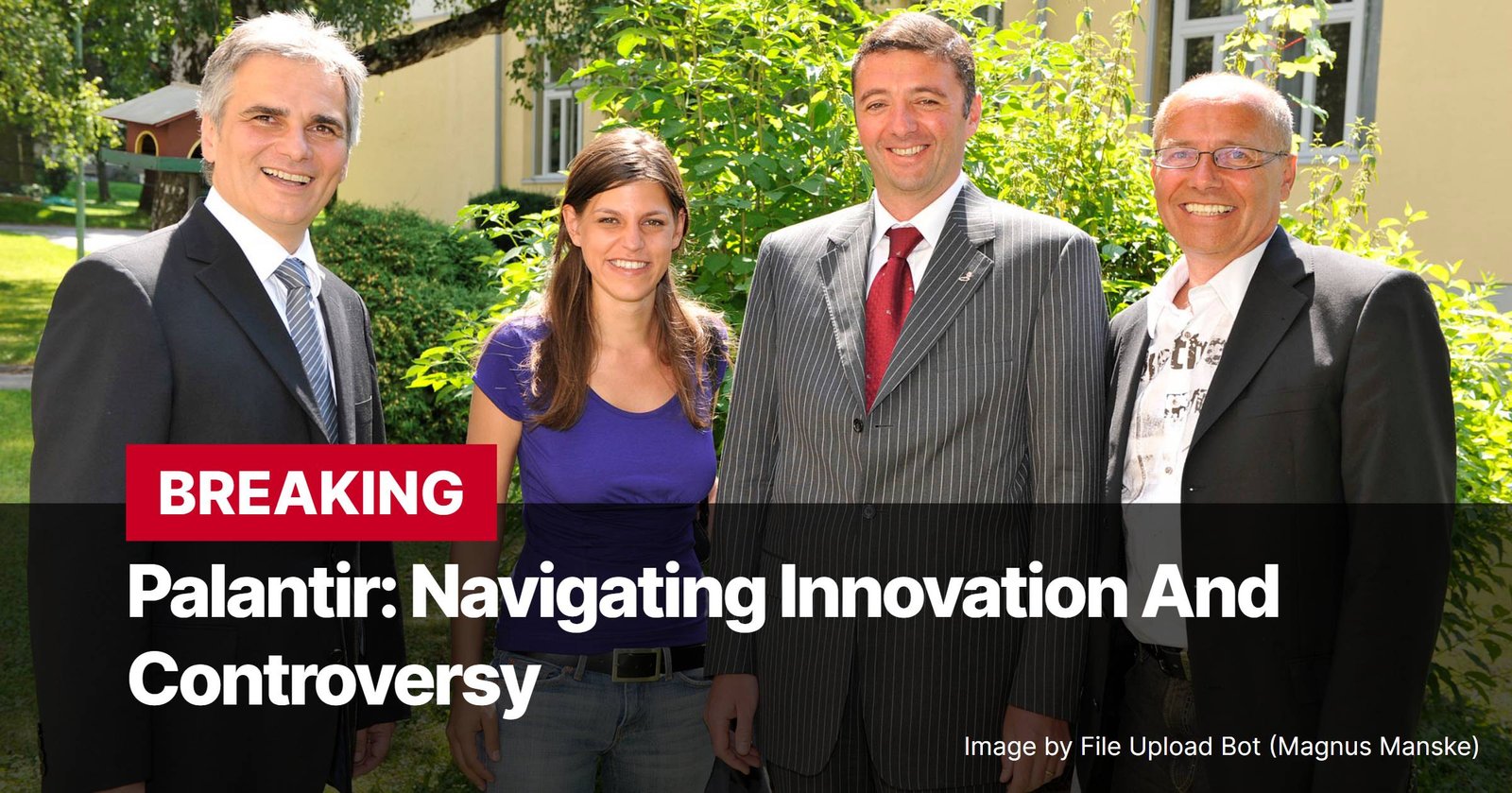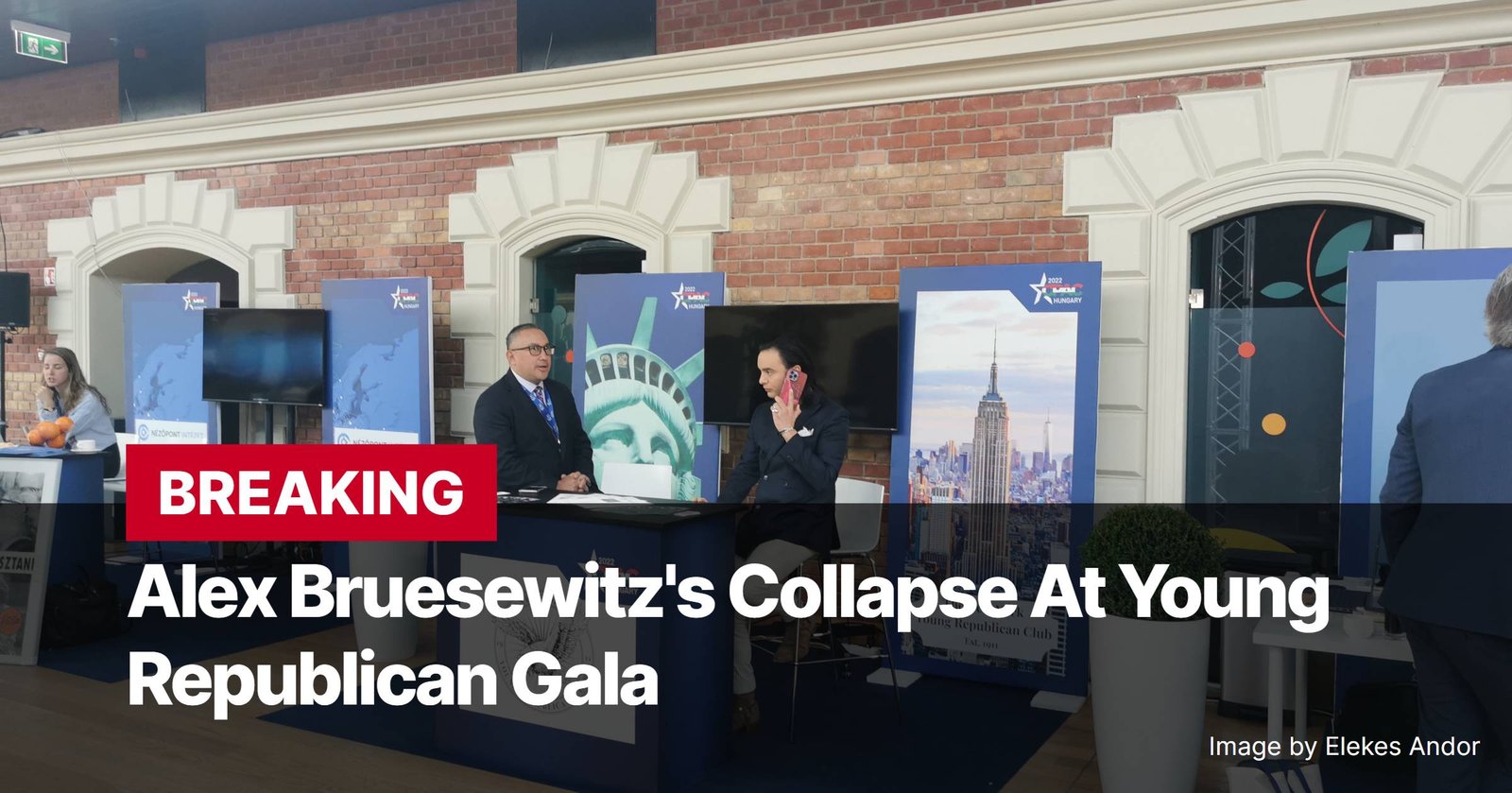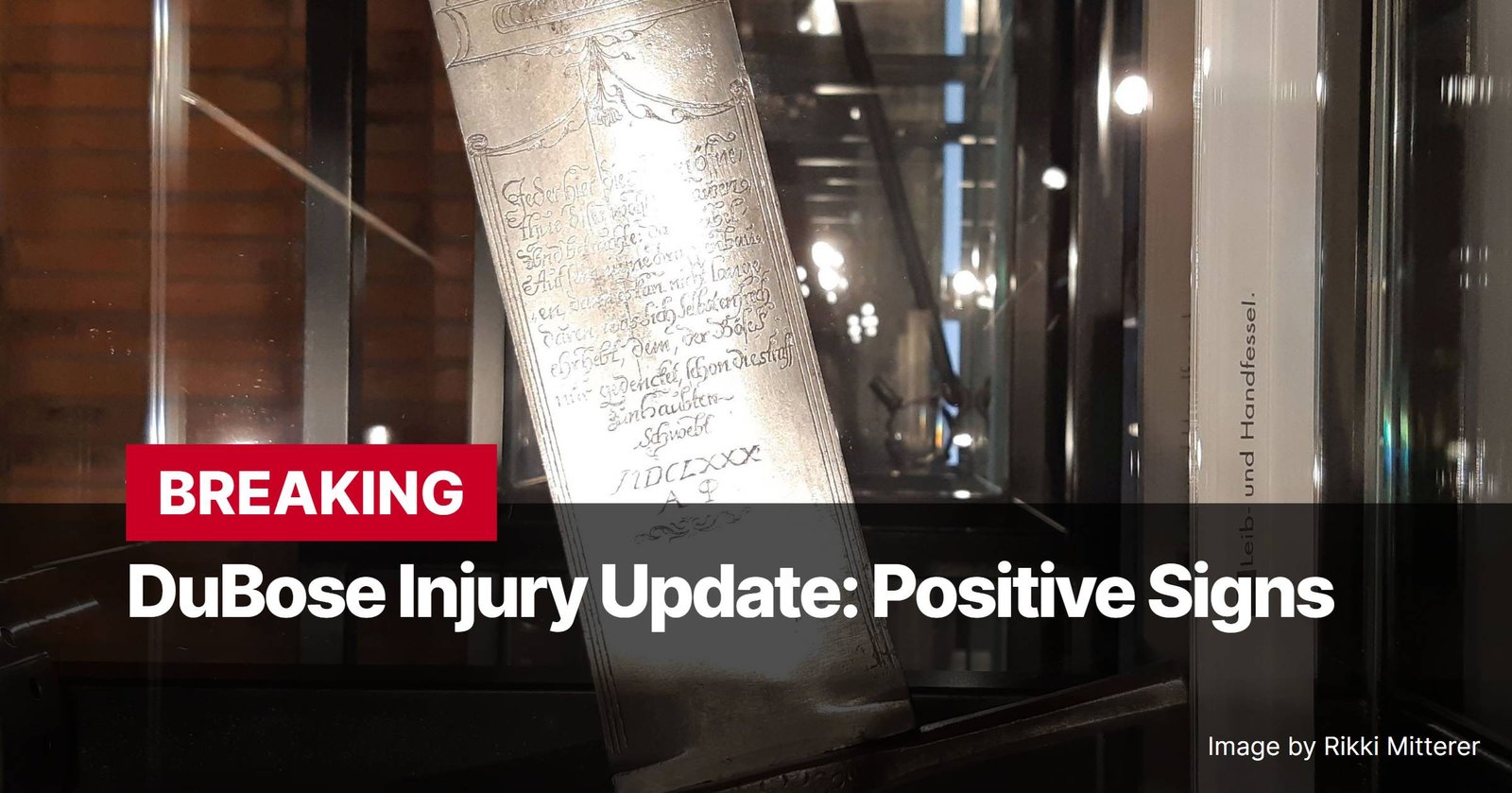Germany, a nation renowned for its economic strength and political stability, finds itself at a critical juncture. Internal divisions within the ruling coalition government have escalated dramatically, raising concerns about the government’s future and its ability to effectively address pressing economic challenges. The three-party alliance, formed three years ago, is now teetering on the brink of collapse, with recent events highlighting the deep fissures within the coalition.
The coalition comprises the Social Democratic Party (SPD), the Greens, and the Free Democratic Party (FDP). While these parties came together in 2021 with a shared vision for Germany’s future, their differing economic and budgetary priorities have increasingly strained their relationship. This tension has been simmering for some time, but recent weeks have witnessed a marked intensification, sparking widespread speculation about the government’s longevity.
The discord has manifested in several ways. Public disagreements, separate strategy meetings held independently by coalition members, and the unveiling of controversial economic proposals have all contributed to the escalating tension. One particularly contentious issue has been the proposed economic stimulus package, designed to revitalize business investment. This proposal has been met with resistance from within the coalition, further highlighting the ideological divide.
Adding to the complexity is the upcoming 2025 budget. The coalition has struggled to reach a consensus on key budgetary decisions, leaving a significant funding gap and raising concerns about the government’s ability to manage its finances effectively. This budgetary impasse, coupled with a recent constitutional court ruling limiting the government’s ability to reallocate emergency funds, has further exacerbated the situation. The coalition is now under immense pressure to find solutions amid conflicting economic visions and constrained financial resources.
The current political climate has raised several potential scenarios. One possibility is the FDP’s departure from the coalition, either voluntarily or at the behest of the Chancellor. Such a move could lead to a minority government led by the SPD and the Greens or potentially trigger snap elections in the near future. Current polling data suggests that the FDP would struggle to secure enough votes to remain in parliament, while both the SPD and Greens would likely experience losses. The Christian Democratic Union (CDU), currently in opposition, appears poised to benefit from the coalition’s struggles.
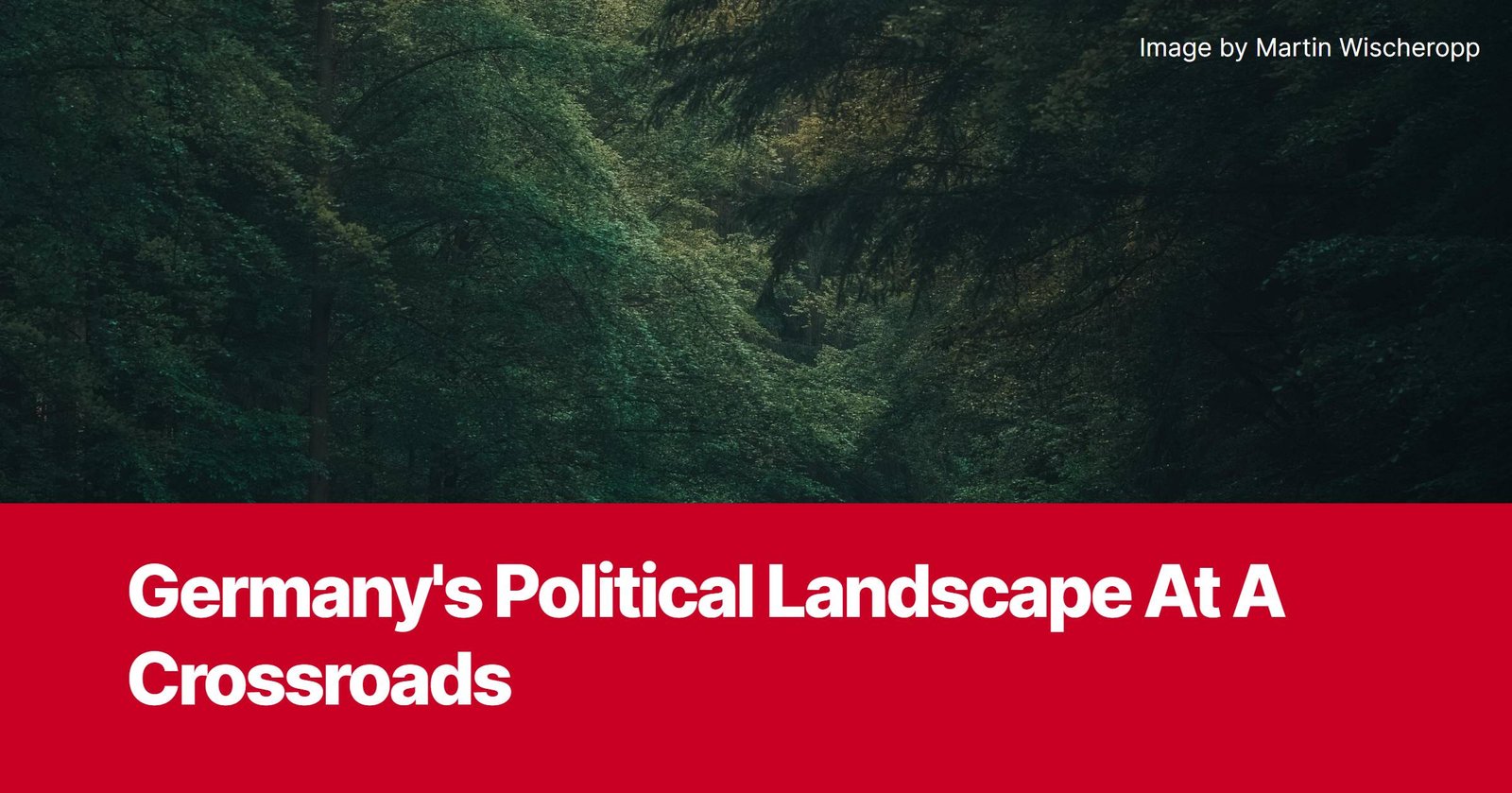
Another scenario involves the coalition managing to overcome its differences and finding a compromise on the budget and other contentious issues. However, given the depth of the divisions and the rapidly approaching deadlines, this outcome appears increasingly unlikely.
Even if the FDP were to leave the coalition, snap elections are not a guaranteed outcome. According to the German constitution, such elections can only be called by the federal president if the chancellor loses a vote of no confidence in parliament. A minority government could potentially continue until the scheduled election date in 2025.
The situation remains highly fluid, with the potential for rapid and significant developments. The outcome of the ongoing coalition talks will have far-reaching implications for Germany’s political landscape and its ability to navigate complex economic challenges. The stability of the government hangs in the balance, leaving the nation at a crossroads.







